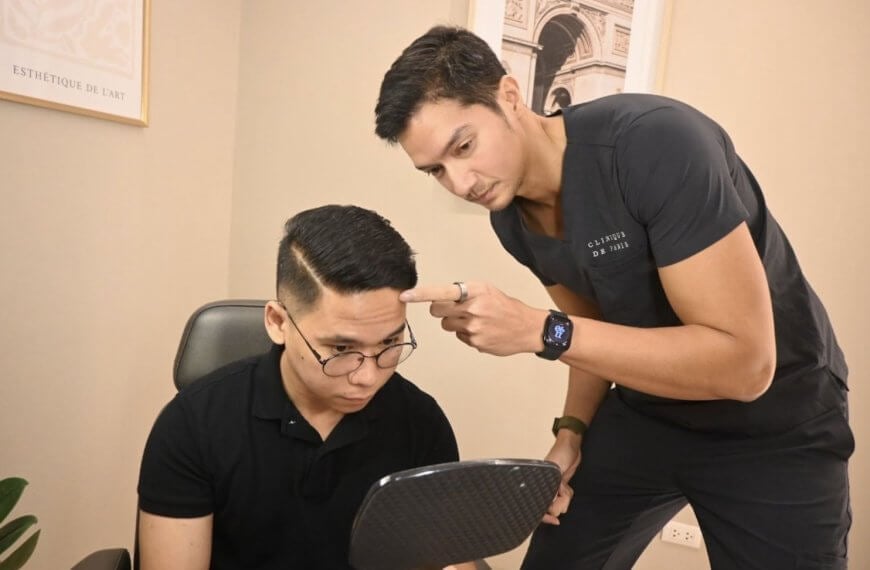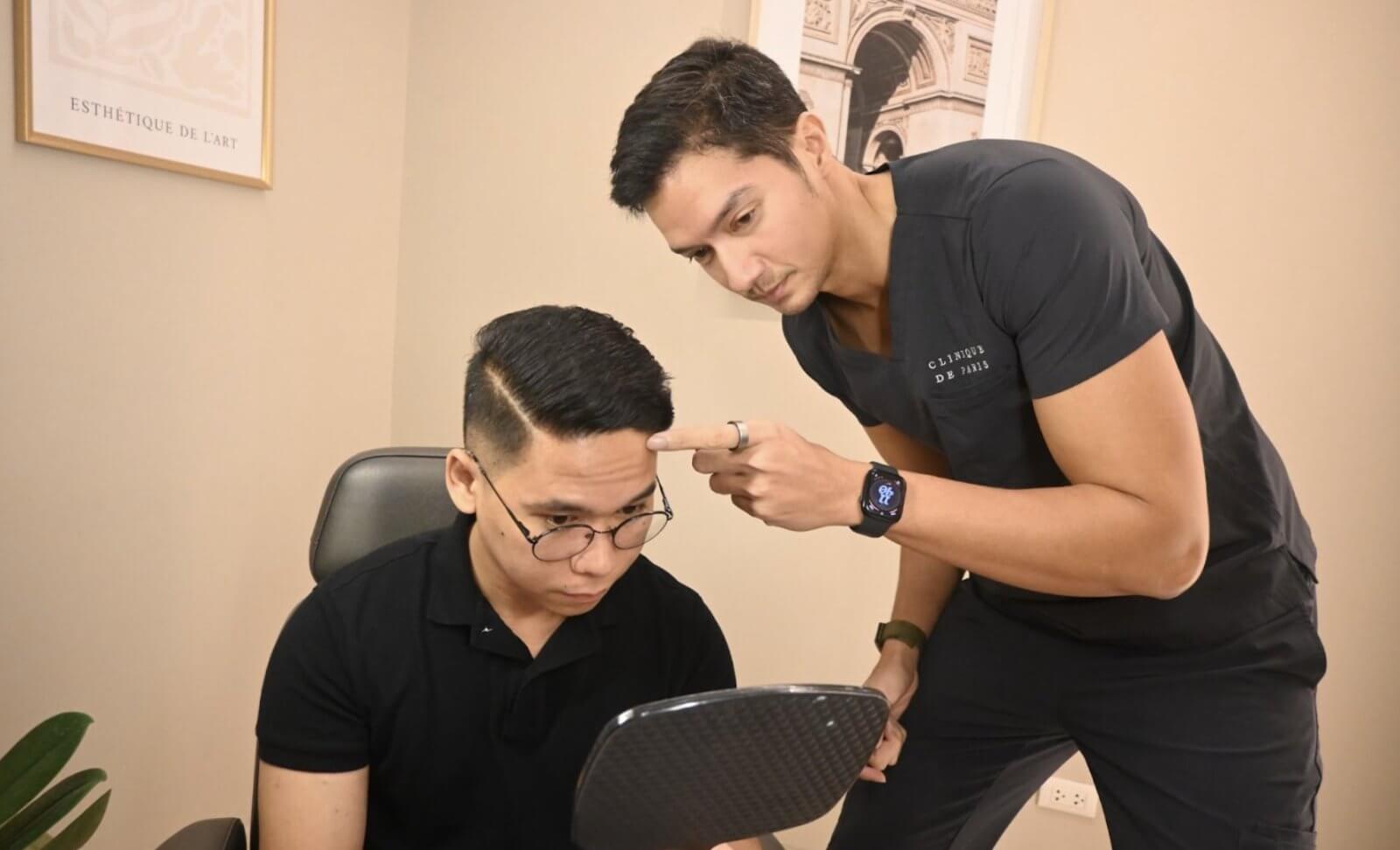What is an allergologist?
An allergologist is a doctor who specializes in treating allergies. Allergies are caused by the immune system reacting to substances that it considers harmful or threatening, such as pollen, dust mites, animal dander, and mold spores.
Allergists are doctors or healthcare professionals who specialize in diagnosing and treating allergies. Their work often includes the study of the immune system and the role of allergens in causing allergic reactions. Despite the name, all allergists are not necessarily physicians. Some are trained as nurses, pharmacists, or laboratory technicians.
Symptoms of an Allergy
Symptoms of an allergy can range from mild to severe and include skin rashes, hives, sneezing, runny nose, and watery eyes. In some cases, people may have difficulty breathing (asthma) if their nasal passages swell up because of an allergic reaction.
An allergist will typically first conduct a physical exam on the patient – checking for signs of asthma or other respiratory diseases related to allergies like chronic bronchitis or sinusitis; then, they’ll conduct allergy testing to determine what the patient is allergic to.
The allergist will also take a medical history from the patient, looking for apparent triggers like pollen season or pet allergies. For example, they may ask about other symptoms that come up during times of high pollen and see if anything changes when they are away from home, which would indicate an environmental trigger such as mold spores in a carpeted room or dust mites under the bedding.
The doctor might also order skin tests (patch-testing) and blood tests to help them confirm their suspicion before treatment begins. Treatment options include:
Prescription meds – both oral antihistamines and intranasal sprays.
- Immunotherapy shots administered by an allergologist known as sublingual desensitization, which has been shown to reduce the severity of most allergic reactions.
- Avoidance measures such as staying away from pets or never eating peanuts.
Why should I see an allergologist?
You should visit an allergist if you have persistent or severe allergies which interfere with your daily life. Allergies can be challenging to manage, and there are no cures, but an allergologist will help you find treatments that work for your specific needs.
The Philippines is a difficult place to be with allergies. It gets very humid here, and a lot of us don’t handle the heat very well. The heat and humidity also make it difficult for us to breathe. It’s a big problem, even for those of us who don’t have allergies.
What should I know about allergy testing?
Allergy testing is a way for an allergist to determine what substances you are allergic to. There are three types of allergy testing: skin tests, blood tests, and challenge-based immunotherapy.
A skin prick test is the most common form of allergy testing in which small amounts of allergen extracts (pollen, dust mites, animal dander) are injected into your outer layer of skin with needles or pricked onto it with a particular instrument called a dermal wheel generator.
A reading at 15 minutes determines whether there’s any reaction, such as redness and swelling from the injection site, indicating that the patient has detected trace levels of specific allergies. However, it should be noted that not everyone will have immediate reactions, while others may take 12 hours before they notice any responses.
A blood test can determine the patient’s sensitivities and allergies by checking for IgE or immunoglobulin E antibodies in a sample of their blood. This is most often performed when there are indications that the person may have allergies.
Still, they haven’t been able to figure out what it might be – like if someone has unexplained symptoms such as skin rash, hives, and watery eyes without an identifiable cause.
In some cases, doctors will order allergy testing through a challenge-based immunotherapy process known as sublingual desensitization therapy. This involves introducing gradually increasing amounts of specific allergens under your tongue over time, so you build up immunity against them instead of reacting every time they’re around.
How do I know If I have allergies or not?
You may have allergies if you experience any of these symptoms:
- Sneezing, nasal congestion, or itchy nose.
- Hay fever with a runny nose and watery eyes.
- Itching around the mouth or on your skin (as in eczema)
If you show signs of an allergic reaction to something like pollen, grasses, mold spores, house dust mites, etc., then that’s when knowing what an allergologist doctor becomes essential.
This type of doctor will learn how to diagnose the cause for your allergy problems and prescribe medications such as antihistamines or steroid inhalers which can help alleviate rashes caused by bad reactions. Be aware, however, that this type of medication does not work for everyone.
What should I do if my problem persists?
Consult with your general practitioner first because they may not know how long it has been going on, but they are better equipped to handle other issues like high blood pressure or diabetes than an allergologist would be. If this fails, consult with a board-certified Allergist/Immunologist Specialist to do a more thorough examination and create an individualized treatment plan.

Final words
Allergy is a common disease that affects the airways of the lungs and the immune system. It is an immune disorder and it is caused by the over-reaction of the immune system to certain substances. Allergies affect both the healthy and the unhealthy environment. People who are allergic to dust, pollen, food, and others can easily get allergic reactions.
A person needs to visit their doctor at least once a year to stay on top of their allergies. It is always essential that you do not let your symptoms go without being aware when they first occur to diagnose them and get ahead of the problem before it gets out of hand.
























